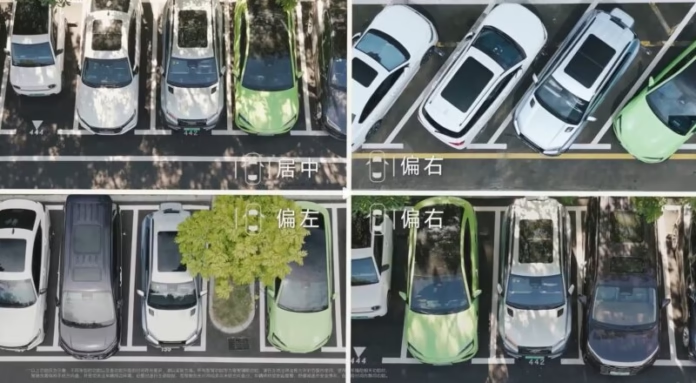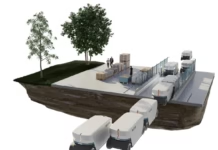The Surge of Autonomous Driving in Electric Vehicles
The global automotive industry is witnessing a defining transformation with the rise of electric vehicles (EVs) paired with autonomous driving technologies. Autonomous features simplify driving, enhance safety, and improve user convenience, while EVs address urgent climate concerns with zero tailpipe emissions. Among leading innovators, Chinese automaker BYD is making dramatic strides by integrating cutting-edge advanced driver-assistance systems (ADAS) into affordable electric cars. This has notably broadened access to self-driving technology beyond luxury segments, exemplifying the rapid democratization of EV tech worldwide.
The convergence of electrification and autonomy is reshaping urban mobility and driving patterns. As cities become denser and parking spaces scarcer, autonomous parking offers substantial benefits: reducing driver stress, minimizing accidents, and optimizing space usage. Many automakers strive to perfect autonomous parking systems, but BYD’s recent announcement marks a new benchmark by promising full legal and financial responsibility for any losses caused by their system, a bold move fostering consumer trust in EV adoption.
BYD’s Landmark Level 4 Autonomous Parking Introduction
In July 2025, BYD unveiled a Level 4 (L4) autonomous parking feature for its “God’s Eye” ADAS, a system already fitted on over one million vehicles in China, including their entry-level BYD Seagull priced around 9,700 USD. The L4 classification means the car can fully handle parking maneuvers without any driver intervention under specific conditions, representing significant progress in vehicle autonomy. This system supports various parking scenarios—including parallel, perpendicular, and diagonal spaces—and now offers a three-speed parking option, allowing users to select different parking velocities for precision or speed.
Unprecedented Full Liability Commitment by BYD
What sets BYD apart is its promise to assume complete liability for any damage or accidents caused by its God’s Eye-assisted autonomous parking system. Should the parking feature malfunction or the underlying algorithms err, BYD will cover all repair costs, third-party property damages, and personal injury compensation if the vehicle is deemed at fault in legal proceedings. This commitment means drivers do not need to file insurance claims after parking incidents, shielding them from increased premiums—a key consumer benefit that enhances trust and lowers cost barriers.
Enhancements through Over-The-Air Updates
BYD has announced the rollout of the largest over-the-air (OTA) update in God’s Eye’s history. Beyond parking, this update will improve overall driving safety and extend the system’s situational awareness. Innovations include the ability to automatically detect overhanging obstacles, retract side mirrors in tight parking situations, and even park offset if adjacent cars are improperly positioned. Drivers may also initiate parking with the vehicle remote, allowing fully hands-free and eyes-free operation.
Implications for the EV and Autonomous Driving Market
BYD’s advances in affordable L4 autonomous parking contribute heavily to the mass adoption of EVs integrated with sophisticated AI navigation systems. Unlike Tesla’s Autopilot level 2 parking features—which still require driver attention—BYD provides near-complete autonomy along with a safety and liability guarantee. This positions BYD as a pioneer in the practical, everyday application of autonomous functions in electric vehicles accessible to a broad consumer base.
Conclusion: A New Era of Confidence and Convenience in EV Mobility
By marrying affordable electric vehicles with pioneering Level 4 autonomous parking and backing it with full liability coverage, BYD signals a paradigm shift in urban vehicle automation. These innovations reduce user risk, lower stress and costs, while setting new industry standards. As BYD continues to enhance God’s Eye ADAS and expand its fleet, the Chinese automaker is at the forefront of making driverless, electric transport reliable and mainstream, helping accelerate the shift towards smarter, sustainable mobility globally.







